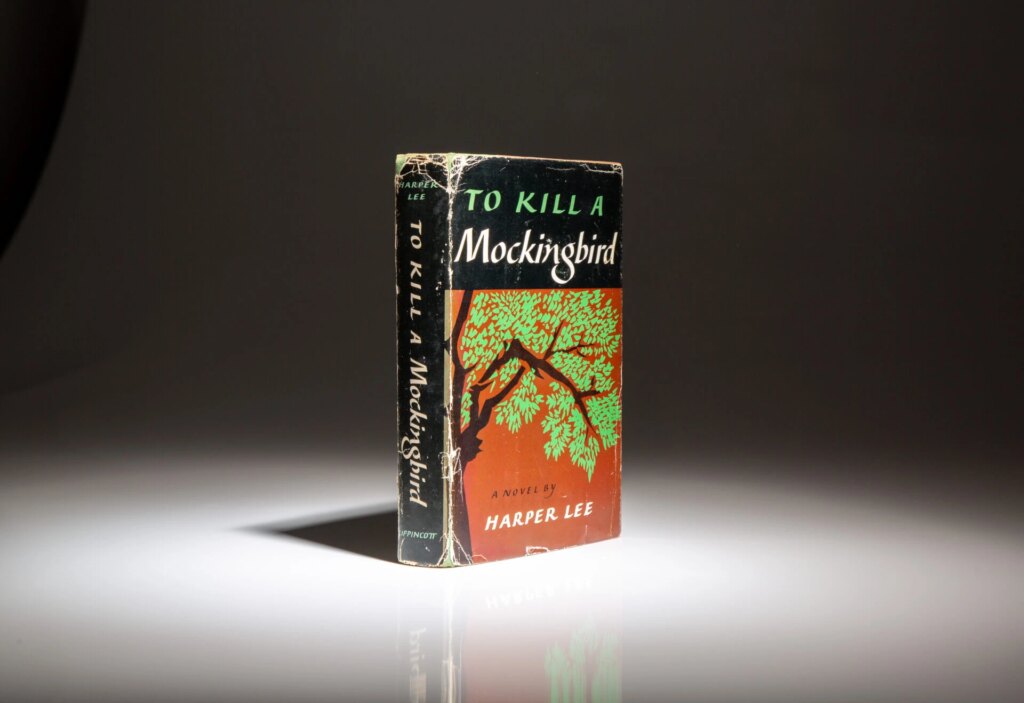Happy anniversary, To Kill a Mockingbird! Harper Lee’s classic turns 65—explore the story behind its lasting power and timeless relevance.
July 11th marks the anniversary of the publication of the American classic To Kill a Mockingbird. At 65 years old, Harper Lee’s Pulitzer Prize-winning classic novel has been beloved since it first hit shelves in 1960. Now, even after all this time, it’s still taught in schools, debated in book clubs, and quoted by readers around the world. But why has this story of a small Southern town, racial injustice, and one extraordinary father stood the test of time?
Bigger and Better Than Expected
When To Kill a Mockingbird was first published by J.B. Lippincott & Co., expectations weren’t sky-high. After all, Harper Lee was just a first-time novelist, and the story, set in the fictional town of Maycomb, Alabama, seemed like a quiet, slow-burning Southern drama. There was a high possibility that the book would only appeal to a certain type of reader.
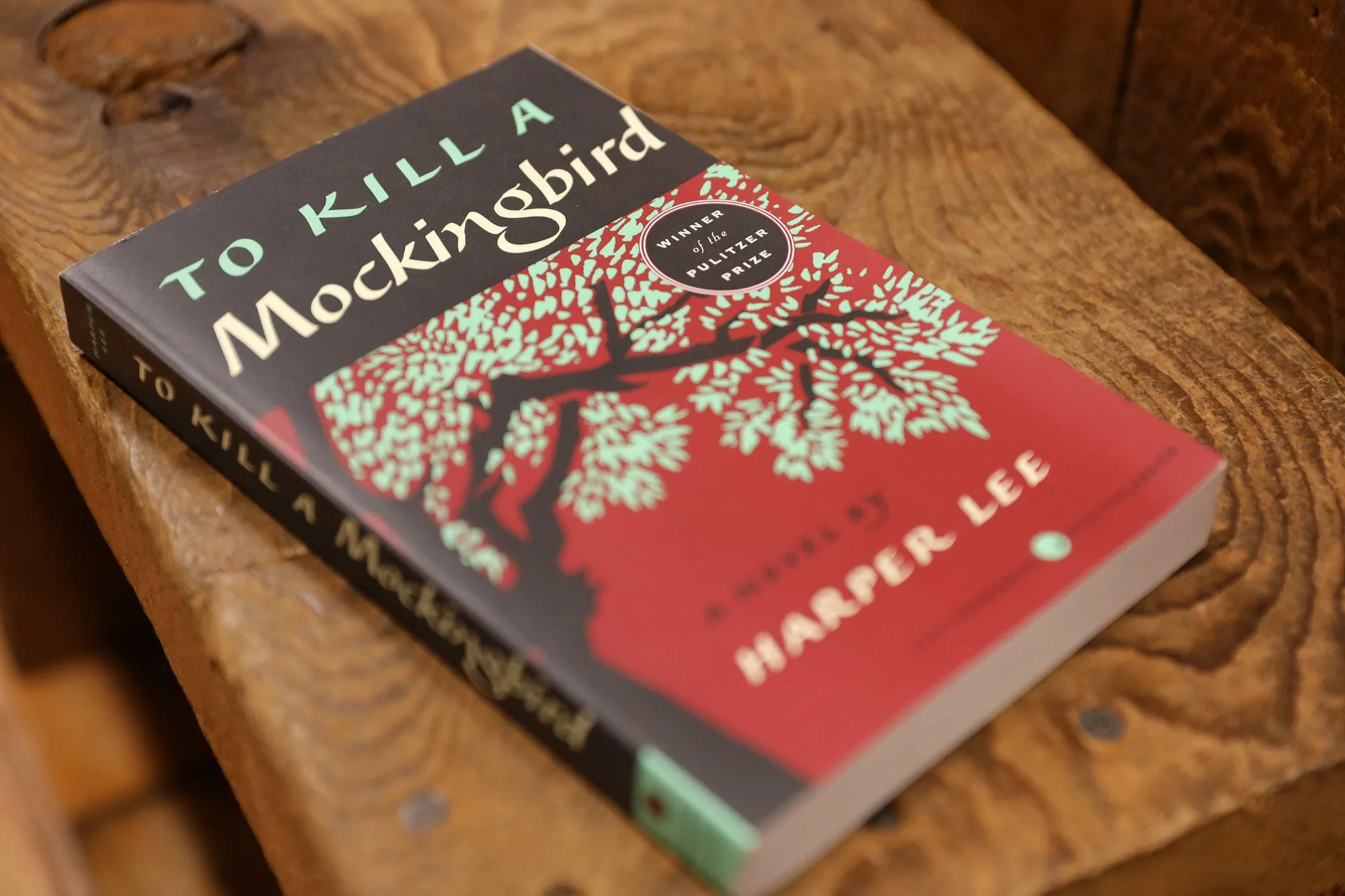
Upon release date, though, readers proved those expectations wrong. The public immediately responded to the book’s sincerity, emotional depth, and the way it addressed race, class, and morality with a careful clarity. Within a year, the book won the Pulitzer Prize. Shortly after that, it was adapted into a critically acclaimed film starring Gregory Peck as Atticus Finch.

By the turn of the century, the novel had been dubbed “essential reading” and had been translated into over 40 languages. Across the world, it had sold over 40 million copies—not bad for a little story about a made-up town in Alabama.
Scout Still Speaks to Us
At the heart of To Kill a Mockingbird is Jean Louise Finch, also known as Scout. She’s smart, scrappy, and observant, and serves as our narrator for the tale. She’s just a child trying to understand the complexities of the adult world and the prejudices that divide it, and, by hearing the story from her POV, the readers get a truly unique look at the world in 1960s Alabama.
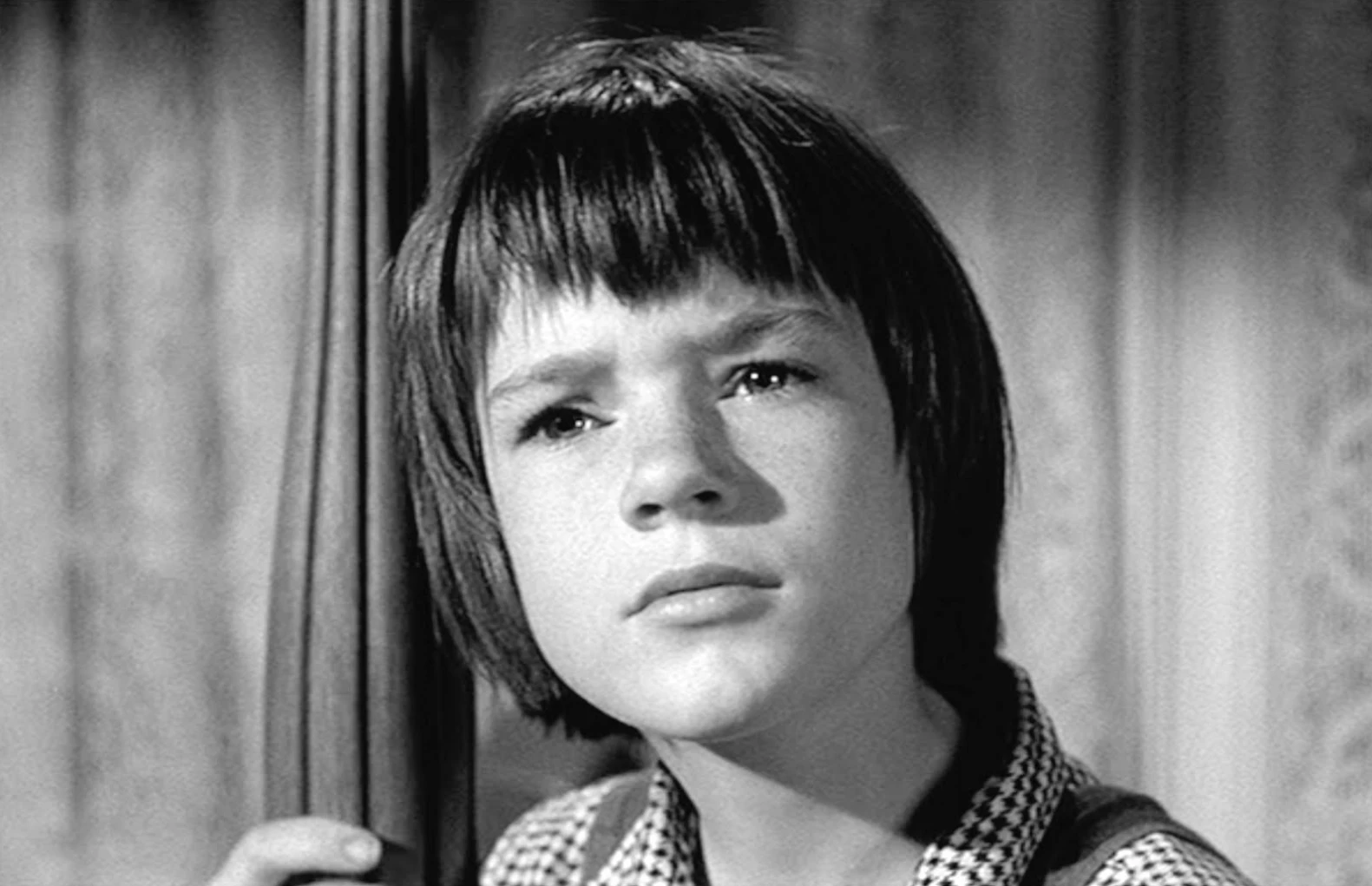
Scout’s voice, in many ways, contributes to the novel’s timelessness. Her curiosity, confusion, and stubborn sense of right and wrong feel deeply relatable. Whether you read the book as a teenager or revisit it later in life, Scout’s journey forces you to see the world a little differently, just as she’s learning to do.
The Complicated Legacy of Atticus Finch
The kind of father everyone wishes they had, Atticus is wise, principled, and remains calm under pressure. Throughout the book, he doesn’t just teach his children about empathy and justice; he lives it. His defense of Tom Robinson, a Black man falsely accused of assaulting a white woman, is the moral backbone of the entire story.
Of course, as time has passed, not everyone agrees that Atticus Finch is the unshakable moral hero many once believed him to be. This is unsurprising, considering the difference in… well, everything, since the 1960s.

Some contemporary critics argue that Atticus, while noble, is also a symbol of a certain kind of passive progressivism. He’s the epitome of the type of progression that stops short of true social change. While he defends Tom Robinson, he makes no effort to challenge the system that allows such injustice to happen again and again. He believes in working within the rules of a deeply flawed society, which has made modern readers question: is that enough?
Morals That Still Matter
When you re-read To Kill a Mockingbird today, it feels unsettlingly contemporary. The themes of systemic racism, legal injustice, and social inequality still reflect our world. The story of Tom Robinson mirrors too many present-day news stories. The slow machinery of justice, the entrenched biases, the weight of silence… all of it is still happening.
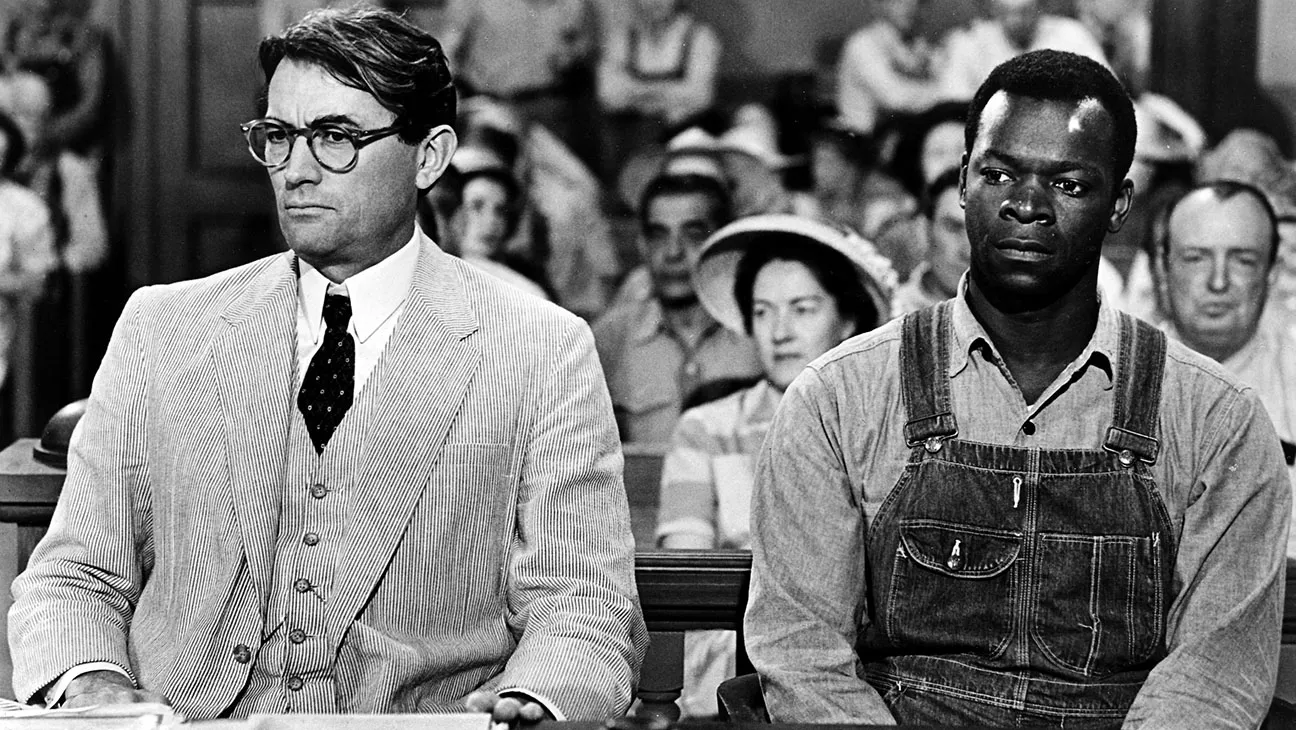
But the novel doesn’t just shine a light on these issues; it also offers tools: empathy, conversation, education, and the belief that individuals like Atticus and Scout can make a difference, even in small ways. And that matters.
Books like To Kill a Mockingbird also raise tough but important questions about how we teach history and literature. Which voices get heard? Over the years, some schools have challenged or banned the novel, citing its language or portrayal of race, sparking debate about censorship, context, and how we prepare young people to understand difficult truths.
And yet, it’s often in classrooms where the novel comes alive, where students are invited to ask: What would I have done? What should I do now?
Harper Lee’s Quiet Genius
Harper Lee never published another book in her lifetime after To Kill a Mockingbird (aside from the controversial release of Go Set a Watchman). She stepped away from the spotlight, rarely gave interviews, and declined to become a literary celebrity.
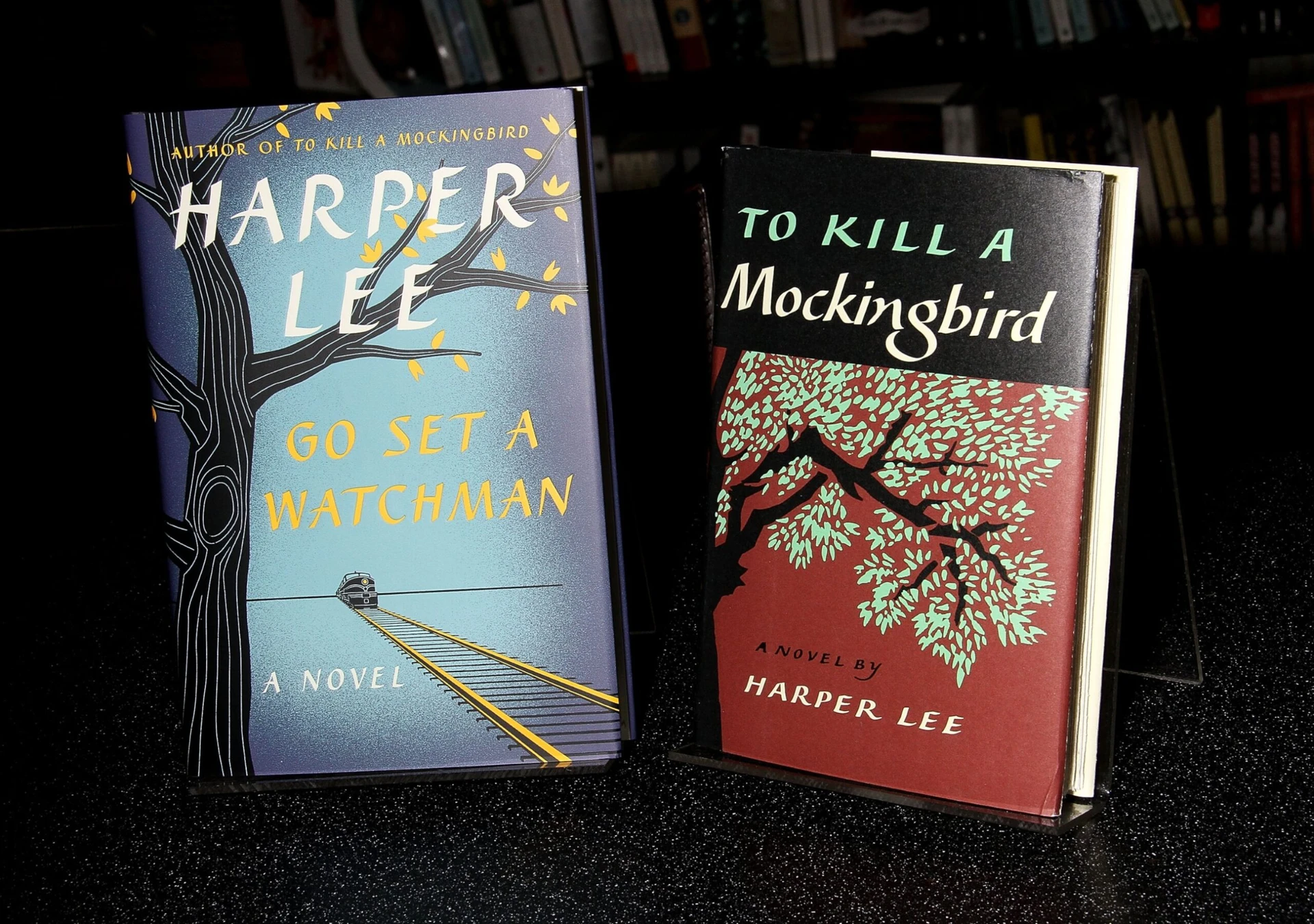
As her stand-alone book, To Kill A Mockingbird became a conversation starter, a classroom classic, and a cultural hit. For all its heavy themes, the book is also filled with humor, warmth, and the charm of small-town life. Lee’s writing is rich with detail about front porches, summer evenings, and the feeling of growing up when the world is changing just as fast as you are.
Celebrating the Legacy

July 11th is a chance to return to Maycomb and sit with the questions that Harper Lee first asked all those years ago. It’s an opportunity to see how far we’ve come, but also how far we still have to go.
It’s also a moment to celebrate the power of literature. A single book, written by a first-time author from Monroeville, Alabama, changed the way we talk about race, justice, and childhood in America. That’s no small feat.
So if you haven’t read To Kill a Mockingbird in a while, or ever (impressive!), this anniversary is as good a time as any to pick it up. You’ll find that it’s not just a story about the past. It’s a mirror, a challenge, and maybe even a guide.
Join our community of 1.5M readers
Like this story? You'll love our free weekly magazine.





